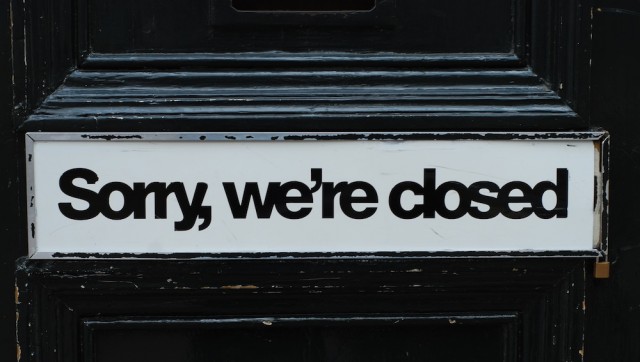Until recently the cottage industry of computer repairers was thriving, having been born with the massive take up of computers by homes and businesses in the 1990s.
Over the years, things got better for the local IT guy as businesses and then homes became networked. Some of the smarter technicians started selling and supporting servers and things got better.
The arrival of the Internet, the approach of Y2K bug and, in Australia, the introduction of the GST made even more business for the local computer tech and the Windows virus epidemic of the early 2000s guaranteed plenty of work for anybody who knew how to wield a screw driver and a boot disk.
As the industry matured, maintaining office servers and looking after the regular glitches in desktop computers was a steady, reliable source of income for most support companies.
Every few years businesses or homes would upgrade their computers and that would trigger a cascade of costs as data was migrated and older peripherals like printers, serial mice and ADB accessories had to be replaced.
Then all came to a stop with the arrival of cloud computing services where many of older computers could access online applications just as well as newer computers.
For IT organisations with a business plan based up customers upgrading systems every three to five years this was a disaster.
These businesses were already feeling the pinch with the late arrival and market rejection of Microsoft Vista and now their customers could sit on older XP machines and happily use the latest online applications.
Sensible IT folk have understood the change and the good support companies now have an armoury of cloud based services for their customers. These businesses know the IT hardware and support spend of most businesses is shrinking and taking the market with it.
Unfortunately there are a few holdouts trying to keep the old business model alive who have a hundred reasons why cloud services are no good for their customers.
To be far to those fixed on the old IT model, this attitude is probably even more prevalent in corporate IT departments and among CIOs with cloud services seen – probably rightly – as a threat to their power and income.
One of the biggest risks to those support folk who aren’t at least evaluating cloud services for their clients is that shrinking IT spend and eventually there won’t be much money, or customers, left for the old model.
A similar thing is happening to bookkeepers and accountants as newer businesses and those with younger owners or managers are moving to cloud based software while the older ones are wedded to their legacy systems.
The older accountants who won’t move to the newer systems are finding their businesses growth stagnant while their younger colleagues are picking up the work from new businesses.
Computer support was always a business based upon the transition to a digital workplaces, similar to the men employed to walk in front of early motor cars with red flags.
Now workplace technology has matured, there’s less work for the IT guy. Hopefully most of them will make the change and not get run over like the guys clutching red flags.
Similar posts:




